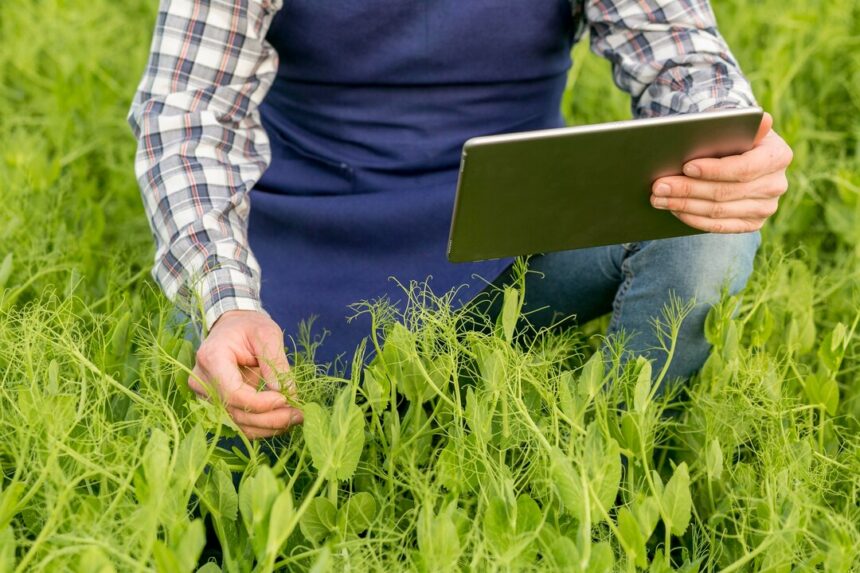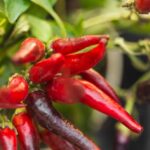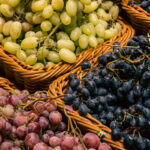Agricultural technology and tools are transforming farming practices in South Africa, making them more efficient, sustainable, and productive. As the country faces challenges like climate change, water scarcity, and food security, the adoption of modern technologies has become essential for farmers. Here is a detailed look at how agricultural technology and tools are shaping South African farming.
Improving Efficiency Through Mechanization
Mechanization has revolutionized farming by reducing manual labor and saving time. Tractors, planters, and harvesters allow South African farmers to work on larger fields, increasing productivity. For small-scale farmers, affordable alternatives such as two-wheel tractors or mechanized hand tools are becoming more accessible. Mechanization reduces physical strain and ensures tasks like planting and harvesting are done quickly and precisely.
Precision Agriculture for Better Resource Management
Precision agriculture uses technology such as GPS and drones to optimize resource use. In South Africa, farmers use drones for crop monitoring, irrigation planning, and pest detection. GPS-enabled machinery ensures accurate planting and fertilization, reducing waste. These tools help conserve resources, such as water and fertilizers, while improving yields.
Smart Irrigation Systems for Water Conservation
With water scarcity being a significant issue in South Africa, smart irrigation systems have become indispensable. Drip irrigation, coupled with moisture sensors, delivers water directly to plant roots, minimizing wastage. Automated systems adjust water distribution based on soil moisture levels, weather conditions, and crop requirements. These technologies ensure efficient water usage, helping farmers sustain their operations even in drought-prone areas.
Weather Forecasting Tools to Combat Climate Change
South African farmers face unpredictable weather patterns due to climate change. Advanced weather forecasting tools provide accurate and real-time data, allowing farmers to plan planting, harvesting, and irrigation schedules. Mobile apps and online platforms tailored to South Africa’s agricultural needs are now widely available, enabling farmers to make informed decisions.
Digital Platforms for Market Access
Technology is bridging the gap between farmers and markets. Mobile apps and online platforms allow South African farmers to connect with buyers, access pricing information, and sell their produce directly to consumers. These tools eliminate middlemen, ensure fair pricing, and expand market reach, particularly for small-scale farmers.
Crop Health Monitoring with IoT and AI
Internet of Things (IoT) devices and artificial intelligence (AI) are transforming how farmers monitor crop health. Sensors placed in fields collect data on soil quality, moisture, and temperature, which AI systems analyze to predict crop diseases or nutrient deficiencies. This proactive approach allows South African farmers to address issues before they escalate, ensuring better crop yields.
Innovative Tools for Livestock Farming
Technology is also enhancing livestock farming. RFID tags and GPS trackers allow farmers to monitor the health and location of their animals. Automated feeders and temperature-controlled environments improve animal welfare and productivity. These tools are particularly valuable for South African farmers managing large herds in remote areas.
Sustainable Farming Practices with Renewable Energy
Renewable energy sources such as solar panels are being integrated into farming operations. South Africa’s abundant sunlight makes solar-powered water pumps, irrigation systems, and cold storage units viable options. These technologies reduce reliance on fossil fuels, lower energy costs, and support sustainable farming practices.
Training and Knowledge Sharing
Adopting agricultural technology requires knowledge and training. Many South African farmers, particularly those in rural areas, lack access to resources and expertise. Government programs, NGOs, and private organizations are offering training workshops and technology demonstrations to bridge this gap. Peer-to-peer learning platforms and online courses are also empowering farmers to embrace innovation.
Challenges and the Way Forward
While agricultural technology holds immense potential, challenges such as high costs, lack of infrastructure, and limited internet access hinder widespread adoption in South Africa. Government support through subsidies, grants, and infrastructure development is crucial to ensure that all farmers, regardless of size or location, benefit from these advancements.
Agricultural technology and tools are essential for overcoming South Africa’s farming challenges. By embracing innovation, farmers can improve productivity, reduce costs, and adopt sustainable practices. As the agricultural sector continues to evolve, the integration of technology will play a pivotal role in securing South Africa’s food future.









